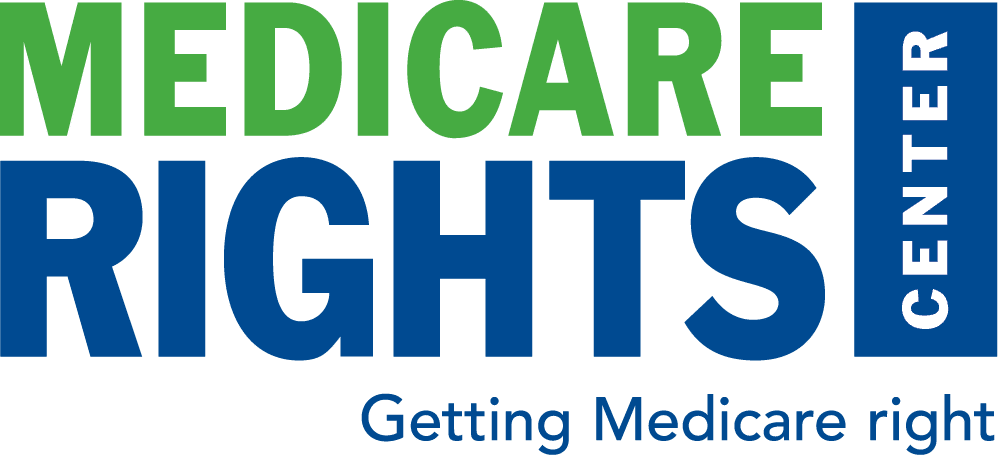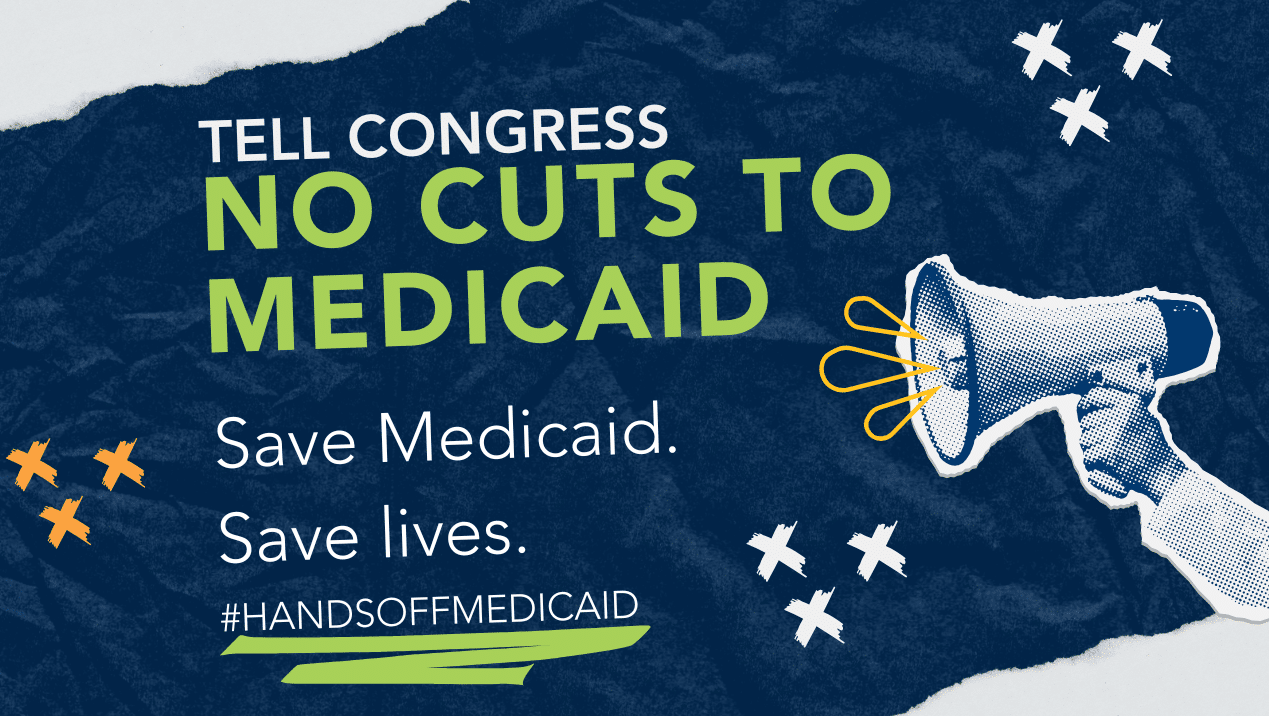Take Action: Tell your senators to reject harmful cuts to health care!
New Poll Highlights Prescription Drug Experiences of Older Adults

New polling from the Kaiser Family Foundation (KFF) explores the experiences of adults ages 65 and older with prescription medications, as well as their views on several policy options currently under discussion.
The data confirm that prescription drug affordability continues to be a top concern. While most older adults have prescription drug coverage through Medicare Part D, 76% think the cost of prescription drugs is unreasonable. This viewpoint is consistent across party lines, with majorities of Democrats (81%), independents (74%), and Republicans (70%) in agreement.
These concerns are not hypothetical. One-fourth of those polled said it was “difficult” to afford their prescriptions, one in ten said it was “very difficult” to do so, and one in five did not take their medications as prescribed at some point in the past year because of the cost.
In addition, nearly half of all older adults reported experiencing access challenges due to difficulties with their plan. Nearly 30% said their plan didn’t cover a drug prescribed by their doctor, while 23% experienced delays due to step therapy, and 21% had to wait more than two days to get a prescription filled due to their plan’s prior authorization requirements.
When asked about specific legislative and administrative policy solutions, those polled responded favorably to several—across party lines. Majorities indicated support for recent Trump administration proposals like international reference pricing (60%), as well as for Democratic proposals to allow the federal government to negotiate drug prices (82%), and for bipartisan proposals to add a cap on out-of-pocket spending to Part D (68%). Significantly fewer favored giving Part D plans the flexibility to restrict access to certain medications, either by putting more restrictions on the use of certain drugs (45%) or by excluding more drugs from coverage (24%).
Older adults’ experiences with prescription medications can vary significantly based on their health status, how many prescription drugs they are currently taking, and other demographic variables. The KFF polling data is therefore significant in the commonalities that it affirms: older adults are facing significant prescription drug access and affordability challenges, and they are in support of policy solutions that prioritize their needs.
Medicare Rights is encouraged by recent policymaker attention to the problem of high and rising drug prices within the Medicare program. We support much of the work currently underway, and we continue to advocate for the inclusion of long overdue system changes—such as legislation to modernize the Part D appeals process and updates to Medicare’s low-income assistance programs—in any comprehensive package. We also continue to weigh in on administrative proposals, to ensure that any reforms meaningfully improve beneficiary access to affordable prescription drugs.
Read the Kaiser Family Foundation’s findings, Data Note: Prescription Drugs and Older Adults.
Read Medicare Rights’ fact sheet on the Streamlining Part D Appeals Process Act (S. 1861/H.R. 3924).
For more on why the bill is needed and who it would help, see Medicare Rights’ case study.
Show Comments
Help Us Protect & Strengthen Medicare.
Donate today and make a lasting impact.
The Latest
Most Read
Add Medicare to Your Inbox
Sign up to receive Medicare news, policy developments, and other useful updates from the Medicare Rights.
View this profile on InstagramMedicare Rights Center (@medicarerights) • Instagram photos and videos









